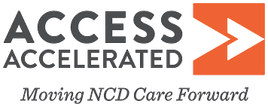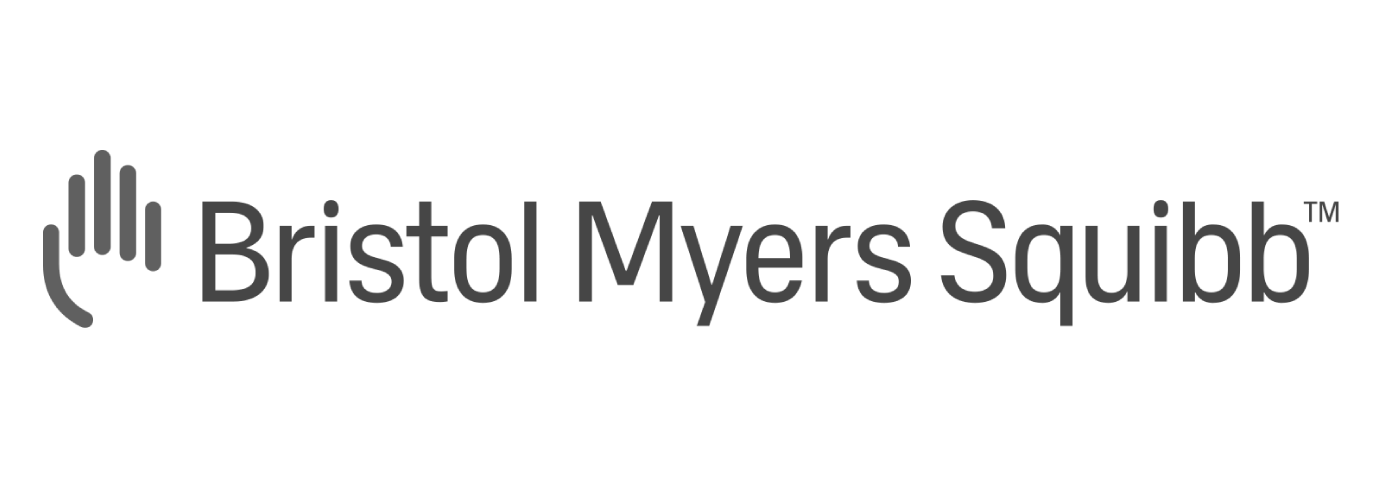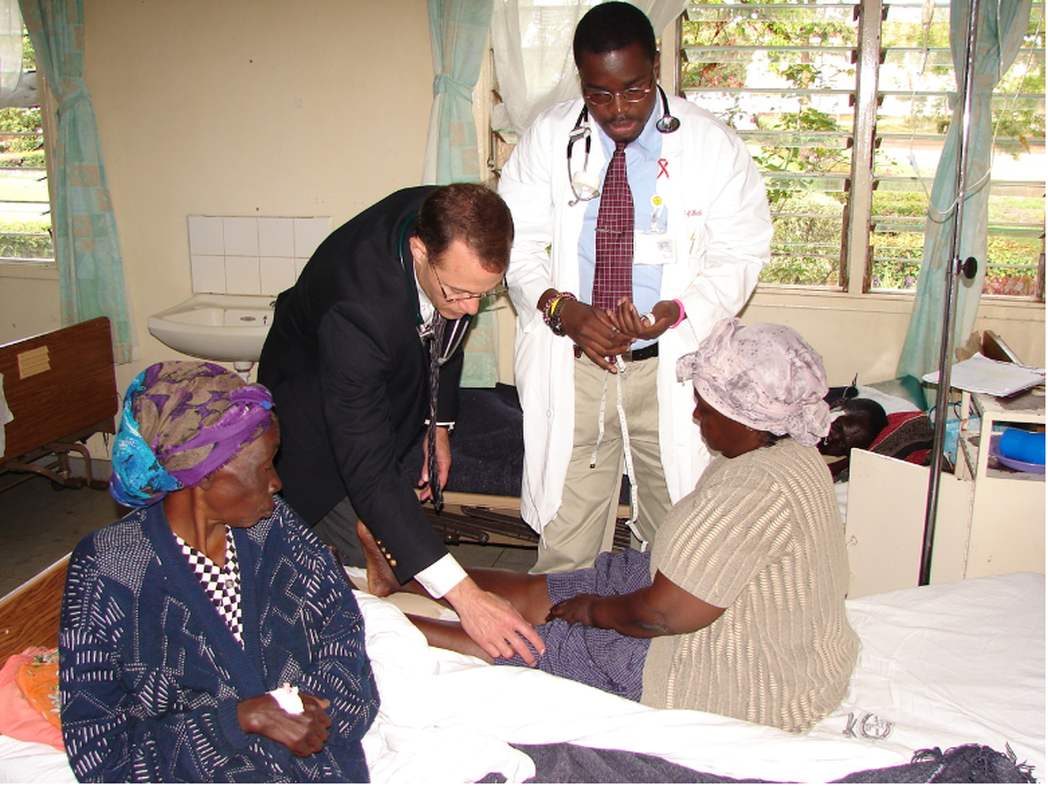NCD Program Database
Since 2011, Celgene has worked with the Academic Model Providing Access to Healthcare (AMPATH) to support the development of the AMPATH Oncology Institute (AOI) as a regional Center of Excellence in cancer care in Africa and increase access to oncology diagnosis and treatment services for low-income populations in Kenya. AMPATH is Moi University, Moi Teaching and Referral Hospital and a consortium of North American academic health centers led by Indiana University working in partnership with the Government of Kenya. AMPATH works to deliver health services, conduct health research, and develop leaders in healthcare for both Africa and North America. AMPATH collaborates with the Kenyan Ministry of Health to strengthen health systems through utilization of a population health model.
AMPATH implements programs through Moi Teaching and Referral Hospital (MTRH) and Moi University, which are Kenyan public institutions. Moi has a primary focus on population health, rural populations, marginalized/indigenous people, and low-income populations and deploys special accommodations for these populations to reduce treatment barriers including support for enrollment in the Kenyan National Hospital Insurance Fund (NHIF). The Celgene partnership with AMPATH supports the institution’s tripartite academic missions of clinical care, research and education in the context of resource-replete/resource-constrained settings and the development of a sustainable and comprehensive academic clinical cancer care program serving the 20 million citizens of western Kenya and neighboring areas.AMPATH manages an extensive network of community clinics and outreach facilities in rural areas. It is also works with local community and church groups to conduct outreach and increase awareness. Nearly 25,000 patient visits to AMPATH-Oncology occur each year with approximately 20,000 additional women being screened for breast and cervical cancers. To date, more than 120,000 women have been screened for these two cancers that have the highest morbidity and mortality in Kenya.
Celgene’s support to the AMPATH Oncology Institute has enabled the creation of a successful multiple myeloma (MM) program, the first and only in Kenya. On average, the MM program receives one to two new MM patients per week. In 2016, staff distributed 10,000 pamphlets and booklets on Multiple Myeloma to patients and their families, held 12 patient support group meetings, and attended to 58 new patients with MM. AMPATH has expanded the MM program to 16 outreach sites associated with AMPATH-Oncology and other sites in Western Kenya where it has a hematology or oncology presence. AOI is now working closely with NCI Kenya to help develop MM protocols of care in the country.
AMPATH/AOI has improved diagnostics from 5 patients diagnosed with MM in 2010, to 34 new patients in 2012, 32 new patients in 2013, 44 new patients in 2014, 61 new patients in 2015, and 58 new patients in 2016. The expected number of new MM diagnosis in the country is about 800/year. There are nearly 100 multiple myeloma patients seen on routine clinic follow-ups.
Program Objectives include(d):
- Creation of a replicable, locally appropriate model for MM diagnosis, care and treatment within a resource constrained setting
- Development of safety pamphlets and materials for both patients and healthcare professionals for MM in Kenya with the context of a local- ly adapted safety protocol
- Diagnostic improvements through the provision of staff training, equipment and outreach (the expected number of new MM diagnoses in the country is about 800/year.)
- Establishment of routine clinic follow-up visits
- Funded a staff bio-statistician to support data analysis for AOI programs to improve patient care and to support publication of treatment data in peer-reviewed journals to improve quality patient.
- Demonstrate the feasibility of a financially sustainable, model MM care program in a resource poor country and achievement of compara- ble outcomes to more advanced settings
- Development of National MM guidelines
Additional support and capacity building objectives include(d):
- Support for Medical Oncology, Oncology Nursing, Pathology, and Radiation Oncology and Oncology Pharmacy training
- Creation and conduct of regular Continuing Medical Education (CME) programs on MM with expanded outreach to local clinical sites and other sites in Western Kenya
- Development of electronic medical records with decision support for System was created to assist prescribing and pharmaceutical management and enable just-in-time ordering of required medications and inventory control.
- Development of a data sharing and patient education website: http://www.myelomakenya.com/
- Kenya-wide patient education and awareness efforts
- Patient support group meetings are offered to support patients through treatment and to maintain treatment compliance
- Utilization of peer-to peer counseling models and outreach programs to follow-up with patients remotely
- Patient support group meetings are offered to support patients through treatment and to maintain treatment compliance
- Utilization of peer-to peer counseling models and outreach programs to follow-up with patients remotely
Celgene’s support to AMPATH’s pharmacy infrastructure and novel patient care strategies include objectives to:
- Establish the College of Oncology of East, Central, and Southern Africa-CO-ECSA
- Establish a robust Oncology Pharmacist-led MM pharmacovigilance program
- Increase education for patients with hematologic disorders
- Pharmaceutical supply chain enhancements through support for staff training and development of a supply chain for MM medications as well as general inventory control and management
- Physical pharmacy infrastructure support
- Development of a pharmacy residency training program
|
SDGs
2
|
|
NCDs
1
|
|
NCD Targets
1
|
|
Regions
1
|
|
Strategies
4
|
|
Countries
1
|
The data for this program has been reviewed by both the companies and the Access Observatory team.
https://www.accessobservatory.org/





